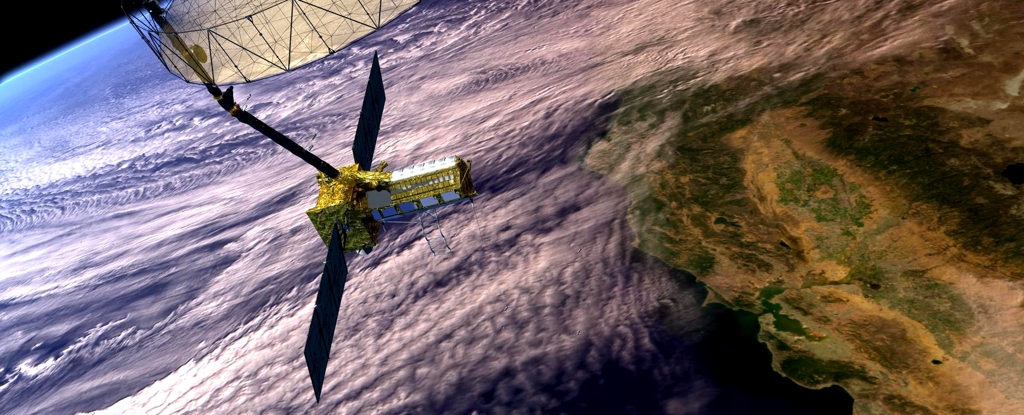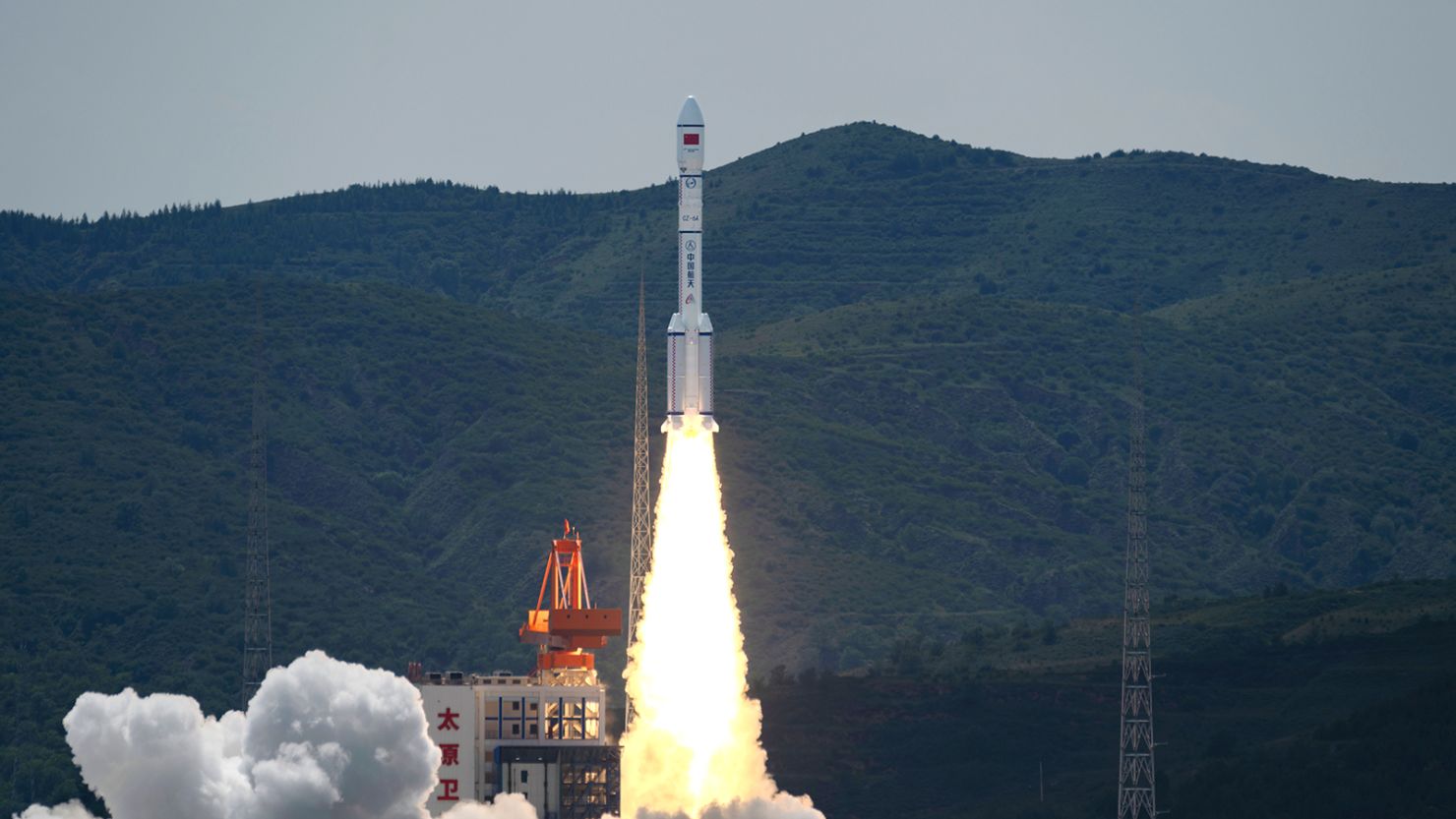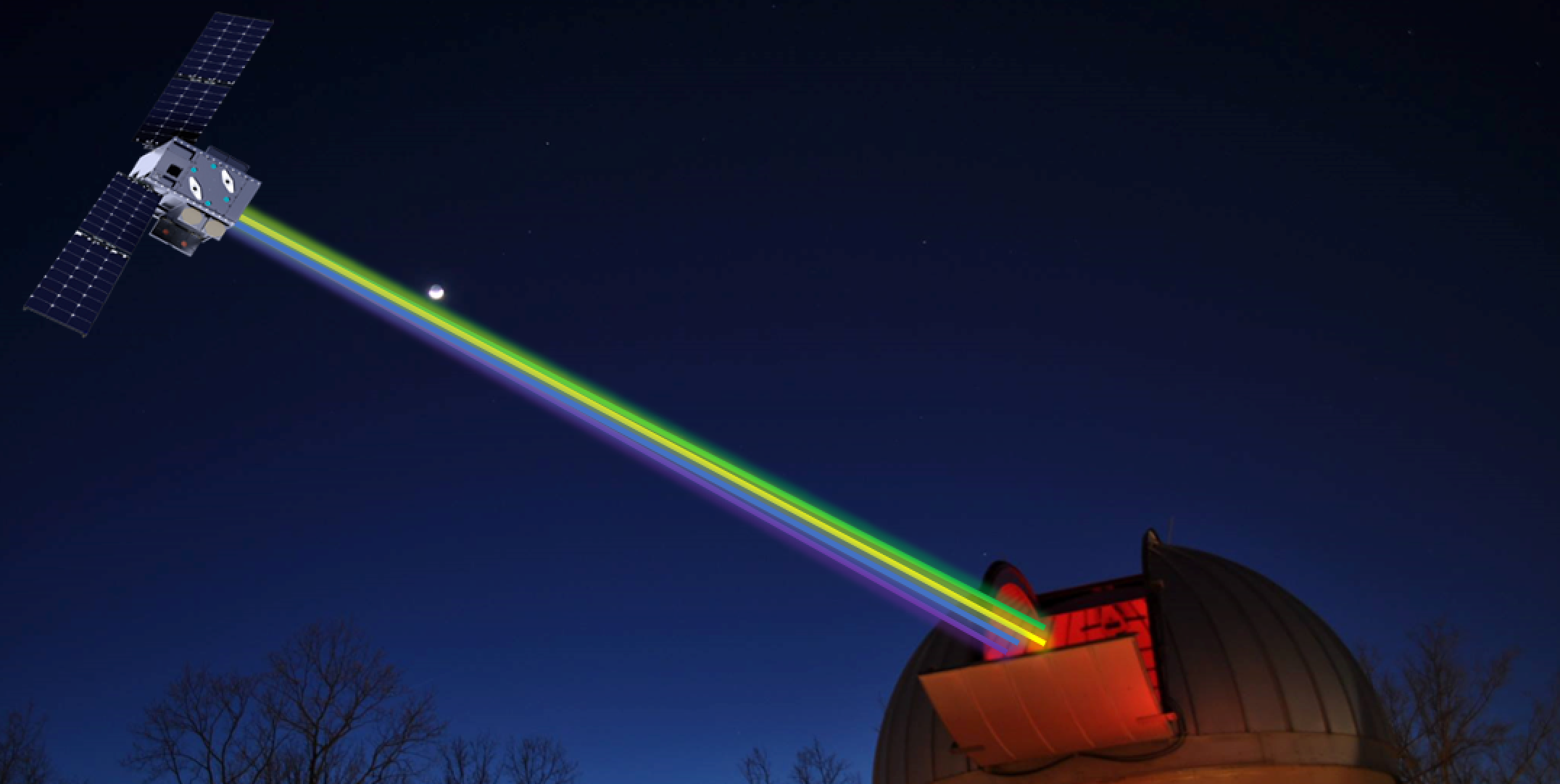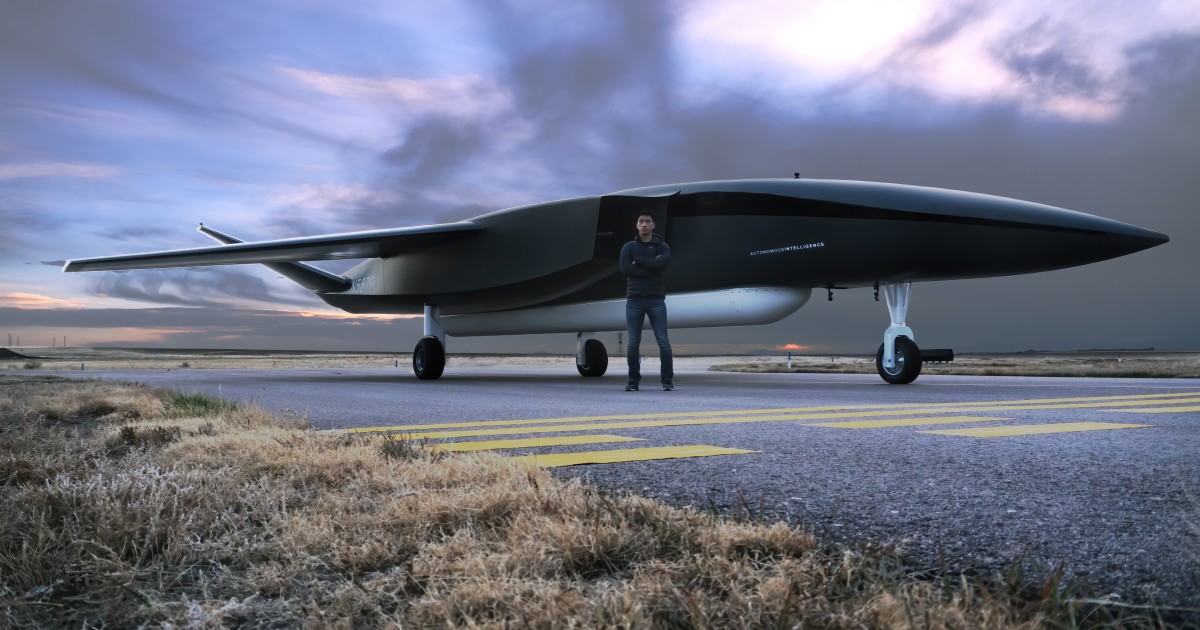
In a few days, a new satellite that can detect changes on Earth's surface down to the centimetre, in almost real time and no matter the time of day or weather conditions, is set to launch from India's Satish Dhawan Space Centre near Chennai.

By 2025, China is aiming to deploy 648 satellites of the "Thousand Sails Constellation" to create global internet coverage, according to state media CCTV.

NASA has new plans to launch a tiny satellite mimicking a star into space.

Late last year, a communications satellite BlueWalker 3 became one of the brightest objects in the night sky, outshined only by the Moon, Venus, Jupiter and seven stars, according to new research.

NASA has awarded a contract to TransAstra to clean up space junk. One category of debris they will target is CubeSats, small satellites the size of a Rubik’s Cube. The recycling centers would allow the collected debris to be recycled.

A piece of space debris has hit and damaged part of the International Space Station - namely, the Canadarm2 robotic arm. It's a reminder that the low-Earth orbit's space junk problem is a ticking time bomb.

The company, called Astroscale, has designed a spacecraft with a magnetic plate that can attach to dead satellites. That enables it to pull the satellites into a freefall.

US-based firm Aevum has unveiled a massive drone called the Ravn X that is designed to act as an autonomous, airborne launch system for small satellites.

Sentinel-6 satellite lifted off on a SpaceX Falcon 9 rocket on Nov 21. Its mission now is to measure and chart the rise of the sea level more precisely than ever before.

China sent "the world's first 6G test satellite" into the orbit with a launch of Long March 6 carrier rocket on Friday. The satellite will become "the first technical verification of terahertz communication" tested in space.

This new tool allows you to move around the world to see how concentrations of the powerful greenhouse gas vary in space and time. Just like CO2, Methane (CH4) is increasing in the atmosphere. It is now above 1,876 ppb.

A robotic servicing spacecraft has hooked up with an aging satellite over the Pacific Ocean. It accomplished the first link-up between two commercial satellites in space, and the first docking with a satellite that was never designed to receive a visitor.

SpaceX's launch of its next 60 Starlink satellites proceeded smoothly on Wednesday morning. About 1 hour after launch, the stack of satellites deployed into low-Earth orbit. The Falcon 9 rocket's thrice-used first stage landed on the drone ship.

The satellite called Icon, or Ionospheric Connection Explorer, will transmit data intended to help scientists understand the physical processes at work where Earth's atmosphere interacts with near-Earth space.

There are at least 34,000 pieces of large debris in Low Earth Orbit. Now spanish scientists has come up with a simple but elegant idea: equip future satellites with a tether system so they can de-orbit themselves at the end of their lives.